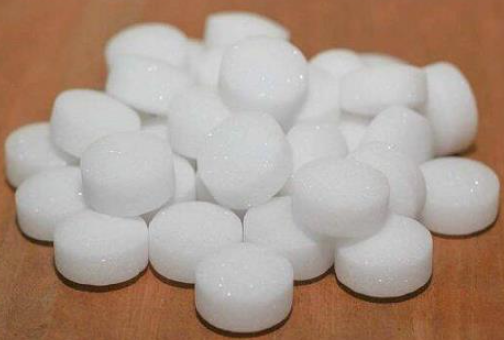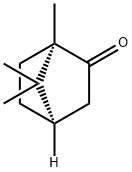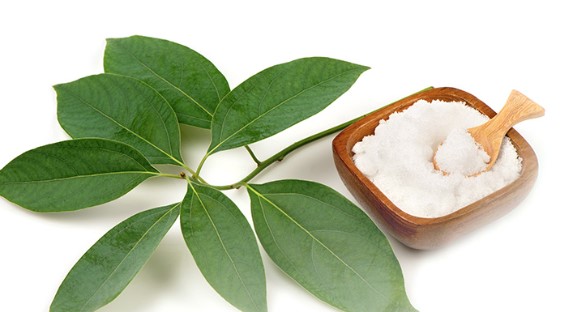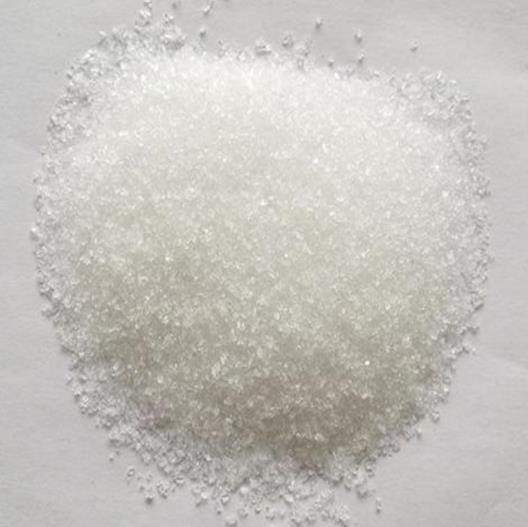D-Camphor: Sources, Biosynthesis and Antimicrobial Activity
D-Camphor is a colorless or white crystals. Sublimes. Flash point 149°F. It burns readily with a bright, smoky flame. Penetrating aromatic odor. Pungent, aromatic taste followed by a sensation of cold.

Sources
D-Camphor, a waxy, aromatic solid, sublimates at room temperature and melts at 180°C, with limited solubility in water but soluble in various organic solvents.Synthetic D-Camphor is primarily derived from α-pinene found in turpentine oil, while natural D-Camphor, specifically (+)-camphor, is distilled from the wood of the camphor laurel tree, notably in Borneo and Taiwan, as well as from the Borneo camphor tree and the East African camphorwood tree.
Biosynthesis
Camphor is produced from alpha-pinene, which is abundant in the oils of coniferous trees and can be distilled from turpentine produced as a side product of chemical pulping. With acetic anhydride as the solvent and with catalysis by a strong acid, alpha-pinene is converted to isobornyl acetate. Hydrolysis of this ester gives isoborneol which can be oxidized to give racemic camphor. By contrast, camphor occurs naturally as D-camphor, the (R)-enantiomer.
Antimicrobial Activity
Camphor is not only a fragrant compound, as due to its properties it has also found use in the therapy of skin diseases of bacterial and fungal etiology. Camphor oil is used to support skin problems such as acne, eczema, inflammation, ulcers and wounds, psoriasis, and fungal foot infections. Camphor provides support for this type of infection as it has been shown to have a local anesthetic effect. Furthermore, it is effective against swelling and has a unique ability to remove keratinized epidermis. As a result, it speeds up wound-healing time and facilitates faster regeneration of the damaged area.
Toxicity
Applied on skin, D-Camphor may cause allergic reactions in some people; when ingested by mouth, camphor cream or ointment is poisonous. In high ingested doses, camphor produces symptoms of irritability, disorientation, lethargy, muscle spasms, vomiting, abdominal cramps, convulsions, and seizures. Lethal doses by ingestion in adults are in the range 50–500 mg/kg (orally).
Reference
1. Rebound Health. Camphor. 2013.
You may like
Related articles And Qustion
Lastest Price from D-CAMPHOR manufacturers

US $0.00-0.00/Kg/Drum2025-04-21
- CAS:
- 464-49-3
- Min. Order:
- 1KG
- Purity:
- 99%
- Supply Ability:
- 500kg/month

US $2.00/kg2025-04-21
- CAS:
- 464-49-3
- Min. Order:
- 1kg
- Purity:
- 0.99
- Supply Ability:
- 10000




